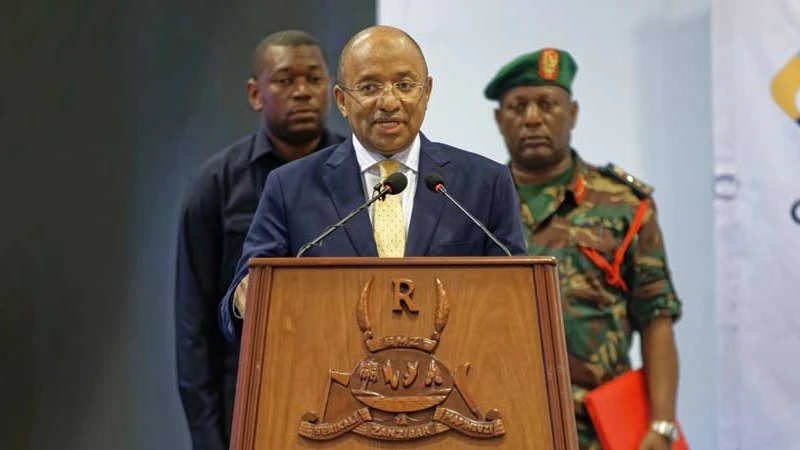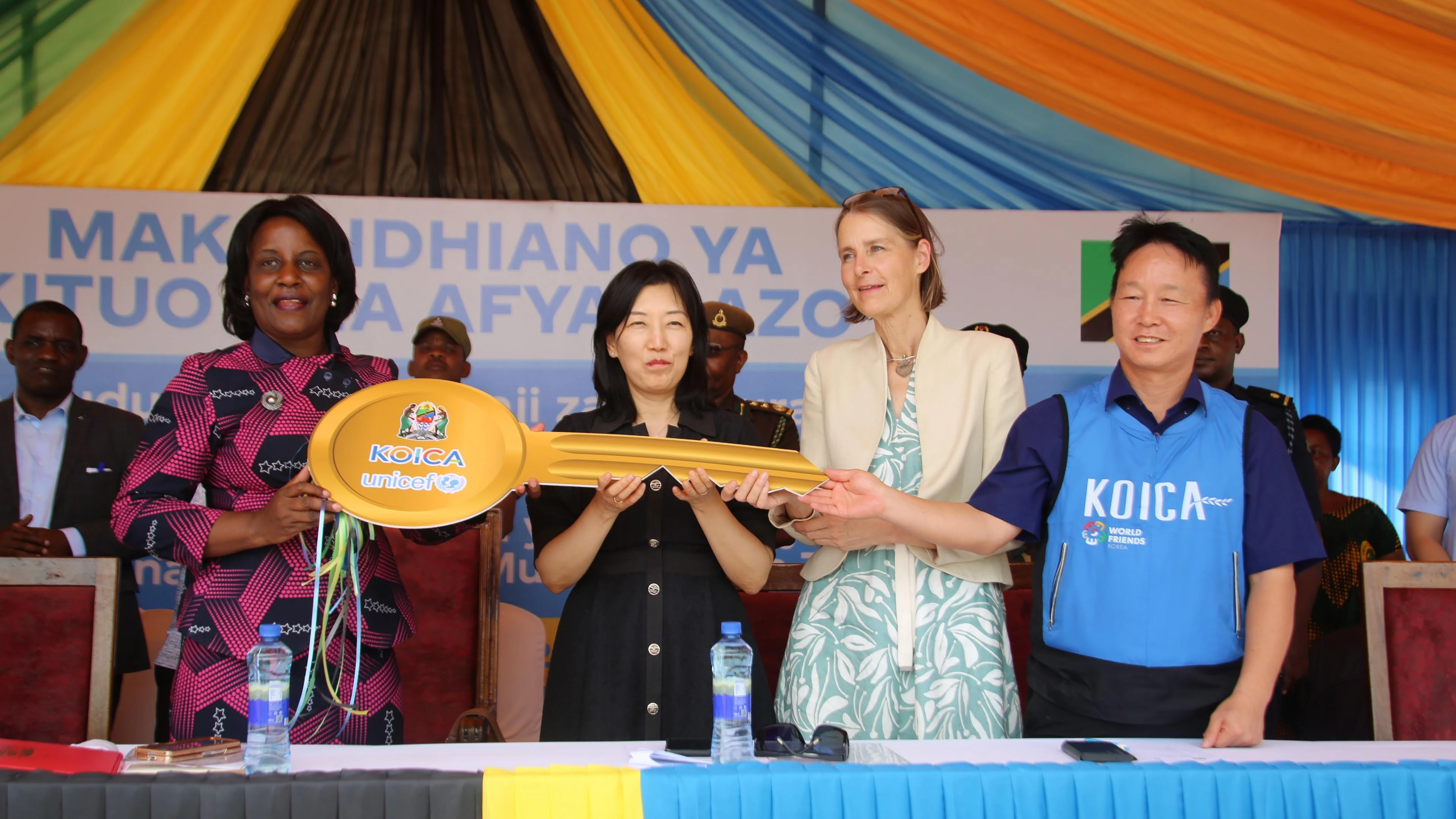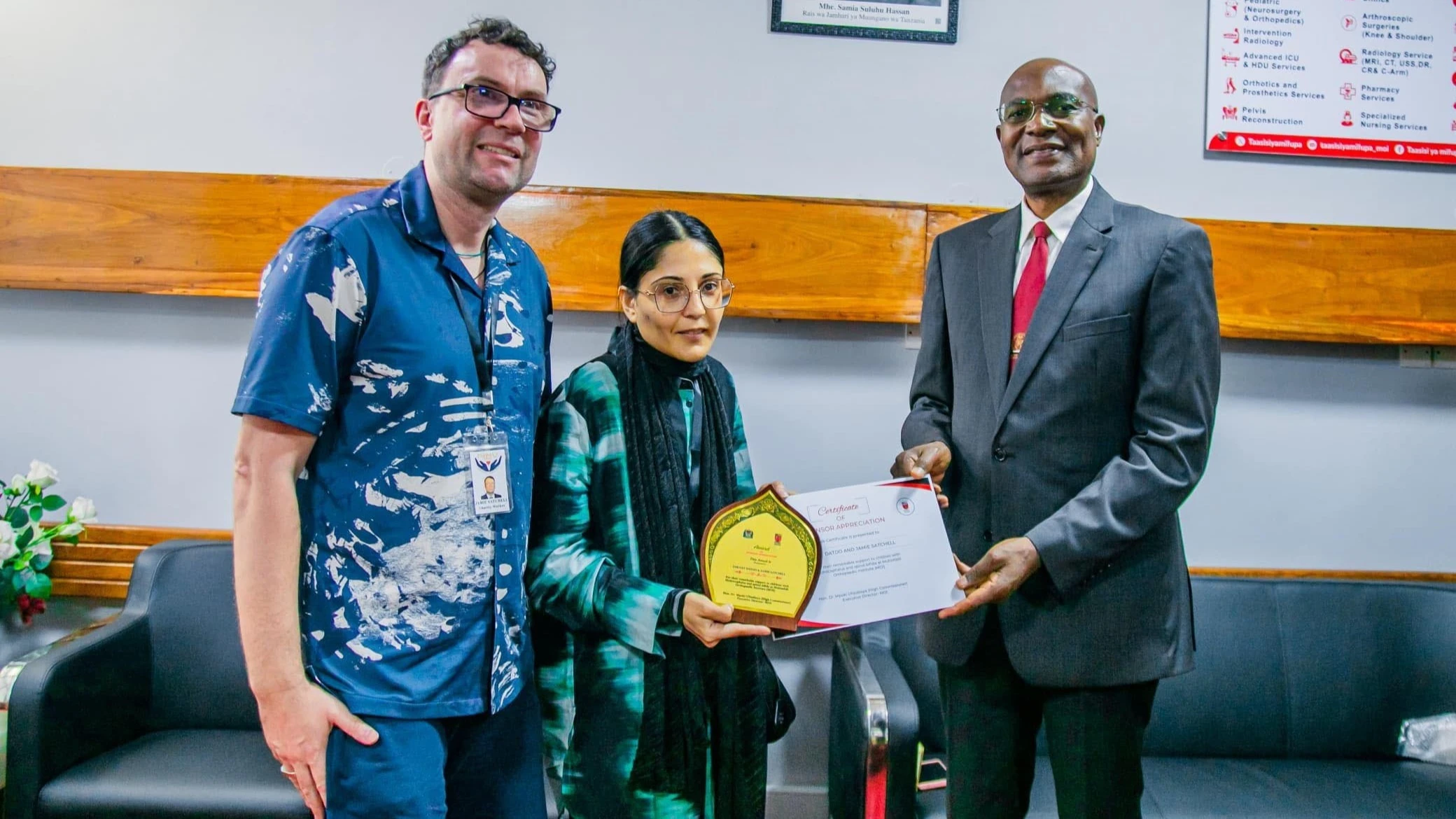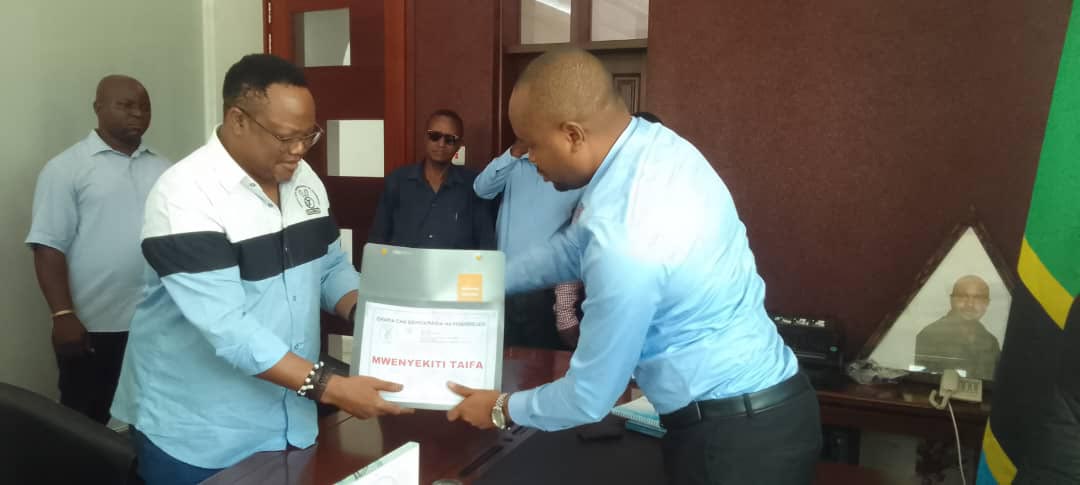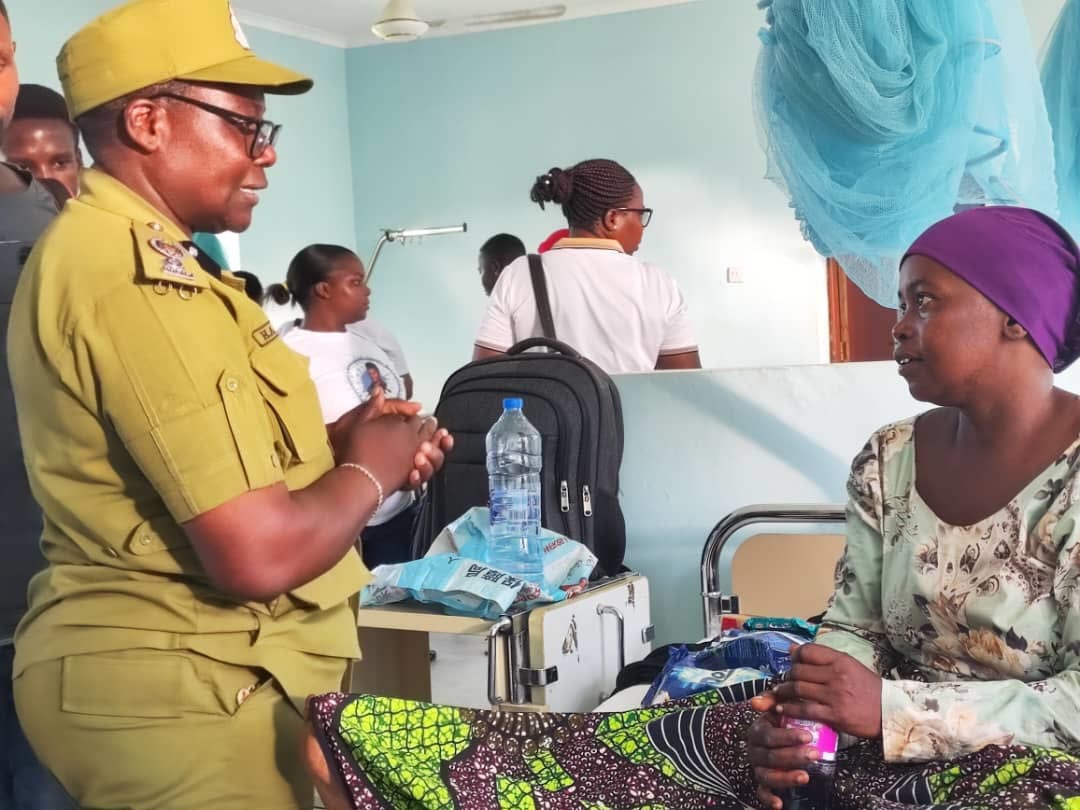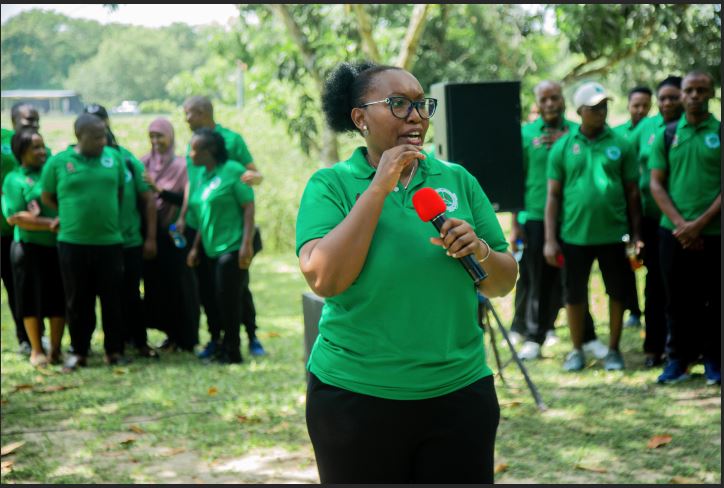Activists push women-led industries for Vision 2050
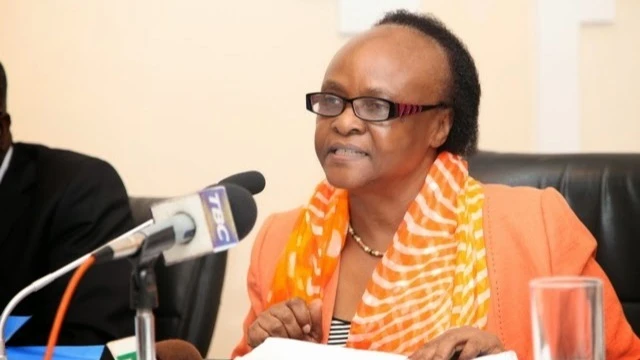
WOMEN’s rights activists have urged the government to ensure that the National Development Vision 2050 prioritises the creation of a supportive environment for women-led industries in agricultural areas.
Prof Ruth Meena, a veteran activist and member of the Women Coalition and Vision 2050 said at a meeting with senior government officials that this effort would enable women to operate businesses, creating employment opportunities for others.
Stanslaus Nyongo, the Planning and Investment deputy state minister in the President’s Office met with activists in Dar es Salaam on Monday, where Vision stakeholders emphasized that women should move beyond informal roles like food vending or small shop frames.
They need to be equipped to operate industries, hotels and other businesses, they said, underlining that such industries would ideally be located in areas rich in agricultural produce, such as fruits and vegetables.
Such produce often goes to waste due to lack of processing facilities, they stated, underlining that women should be empowered with skills to set up industries, learn how to package fruits and juice, and establish tourism companies.
Small industries in rural areas would help to combat poverty and reduce food wastage, they said at a workshop, which also featured various gender activist groups, like Women Action Towards Economic Development (WATED) and the Tanzania Women Cross-Party Platform.
It was focused on identifying ways to overcome gender barriers and empower women in agriculture, mining and construction, where the retired don appealed for women’s access to land, loans and a supportive environment in industries “where they are often excluded.”
She also highlighted the challenges women face in the mining sector, citing the denial of licenses and frequent harassment. "We want to see women operating mining companies and receiving necessary protections," she declared.
Rose Marandu, the Women Fund Tanzania Trust (WFTT) executive director, further advocated for a gender-sensitive budget and increased access to healthcare and water services.
These provisions would enable women to participate more fully in economic activities, she said, stressing the need for women’s involvement in construction and large-scale contracts.
This would show that the country has policies that ensure women are not left behind in Tanzania’s economic growth, whereas the deputy minister praised the coalition for invaluable contributions to shaping Vision 2050.
The network has provided excellent analysis which the Planning Commission will work on all its suggestions, he said, acknowledging the significant role women play in the country’s development.
The Vision 2050 framework seeks to create an inclusive and equitable economy, focusing on eliminating gender-specific barriers, ensuring women’s participation in all sectors, and empowering them to contribute meaningfully to the nation's development, he specified.
Top Headlines
© 2024 IPPMEDIA.COM. ALL RIGHTS RESERVED











